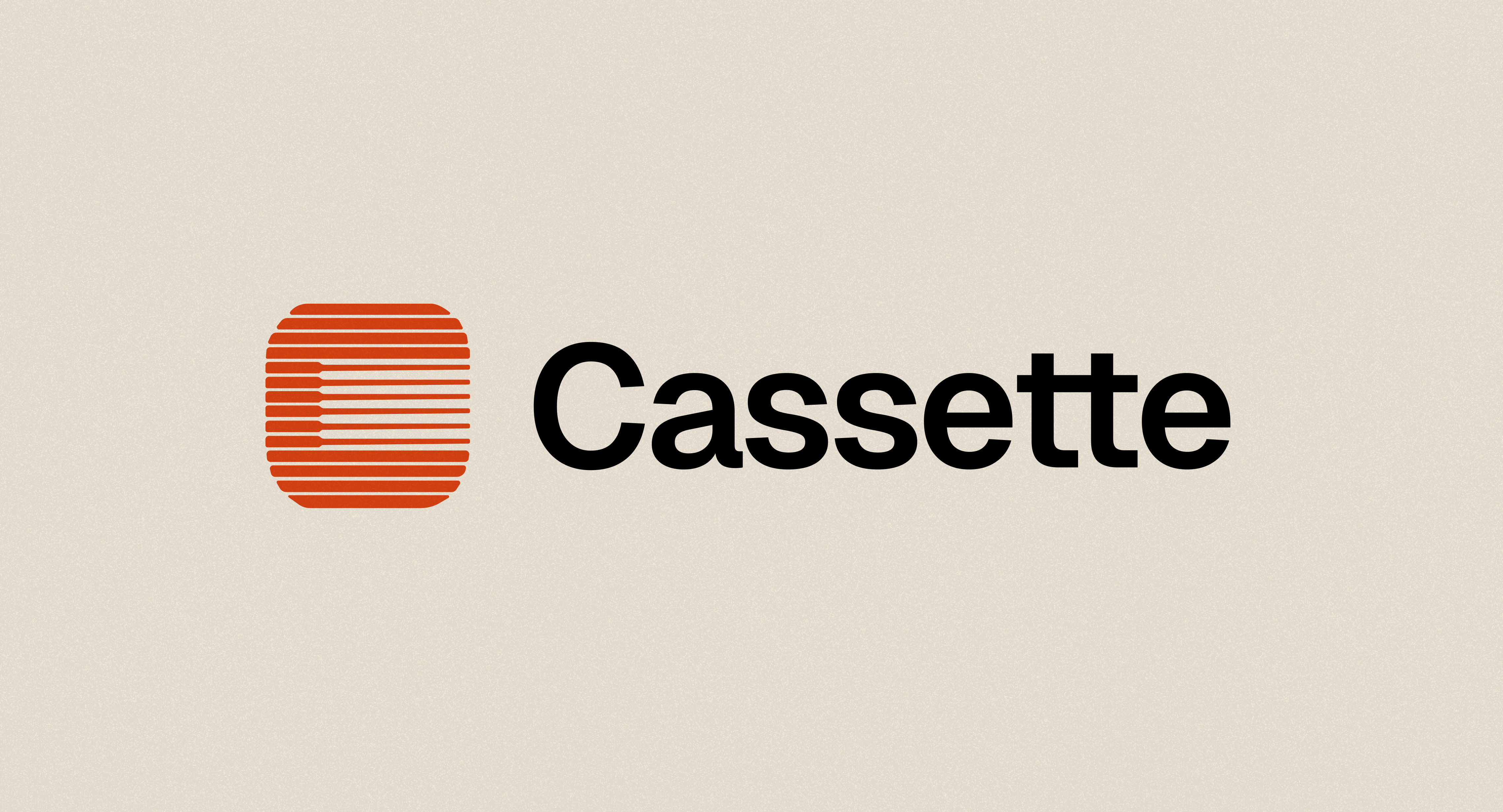by Jordan Fulghum, November 2025
wow, everything ’s computer
Most software doesn’t need hyperscale. It needs a computer that is fast, predictable, and always on. Over the past fifteen years, developers forgot this.
We buried the simple idea of “a machine that runs your code” under layers of managed services, billing knobs, and new words that make shipping feel like procurement.
Serverless horrors, microservice mazes, surprise bills, per-seat pricing. Roles, permissions, usage, queues, accounts, metrics about accounts. Each promised simplicity, but together they delivered a boiled frog - one that now requires yearly certification, hawked by the merchants of complexity.
It’s too bad, because a computer is a magic machine. Cassette returns to this simple and powerful idea. It is a computer in the cloud that is yours. You choose small medium or large and the computer in the sky turns on and shows up in your browser and then you get to work. Specifically, you can:
- Run multiple web applications
- Host your team’s CI/CD pipeline
- Give a home to a long running AI agent
- Store your entire git repository using GitLab or Gitea
- Run a database like Postgres
- Monitor your apps and services with Grafana or ELK
- Self-host Discord bots, media platforms, game servers, or other fun side projects
Here’s why the timing matters:
- AI agents now work in the terminal, installing, running, and wiring tools in the shell. The command line - what Cassette provides out of the box - is the best runtime for agents.
- AI-assisted coding is leading to a 100-1000x fold increase in the total number of apps. These apps require a simple and reliable server, not a Kubernetes cluster.
- Open-source app deployment platforms such as Kamal, Dokku, and Coolify are nearing feature parity, offering zero-downtime deployments and rivaling well-funded silicon valley app platforms
- 2025 is the Year of Linux, measured by both vibes and real data (Linux desktop market share has increased 150% since 2023).
- The cloud exodus is happening. 37signals moved Basecamp and HEY off hyperscale to simple Linux servers, saving almost $1.5M per year, joining Geico and Dropbox.
- Tech twitter leaders such as Pieter Levels (700k followers) frequently remind us that multiple of his high-traffic apps run on a single, simple virtual private server (VPS)
The economies of scale are now running in reverse. Hyperscale promised cheaper and simpler, but individual machines are now both cheaper and simpler. A single VPS can replace a mess of “managed” components, and the bill (often less than the monthly cost of a streaming service) is knowable in advance.
I remember how fun it felt building for the web between ~2005 to 2010. It felt…direct. It’s when I learned to program, and I think I learned the right way. Inputs were requests, forms, files. Outputs were HTML, emails, rows in a database. Frameworks like Rails encouraged and supported this clarity, while abstracting just enough that the ‘suck’ disappeared. Deployments were fast and straightforward. Monoliths ruled by default and app models fit in one human head. Small teams shipped quickly because the surface area was small and obvious.
That Web 2.0 era produced durable companies. Basecamp and Shopify lived on single machines that could be explained at a whiteboard. Stripe and GitHub also began on a simple, server-side framework (Rails). All of these have grown enormously since, but I think the lesson is about keeping the interface between code and computer short, especially in the early days. The work moves cleanly.
Given the web’s pace of change, that era might feel prehistoric. Yet the explosion of AI-assisted and vibecoded apps shows that we are still in early innings. GPUs may spark the fire via AppGen platforms, but simple servers will always keep it burning.
Cassette removes layers until what remains is clear and sturdy. A computer to trust that feels like a personal laptop, only always on. If AWS is the mainframe, Cassette is the MacBook - approachable but strong enough for just about anything.
In a world where agents write code, applications multiply in number, but devs are more fatigued than ever, the computer comes back to center stage. Cassette makes sure it’s the right kind of computer: simple, powerful, yours.
.png)




